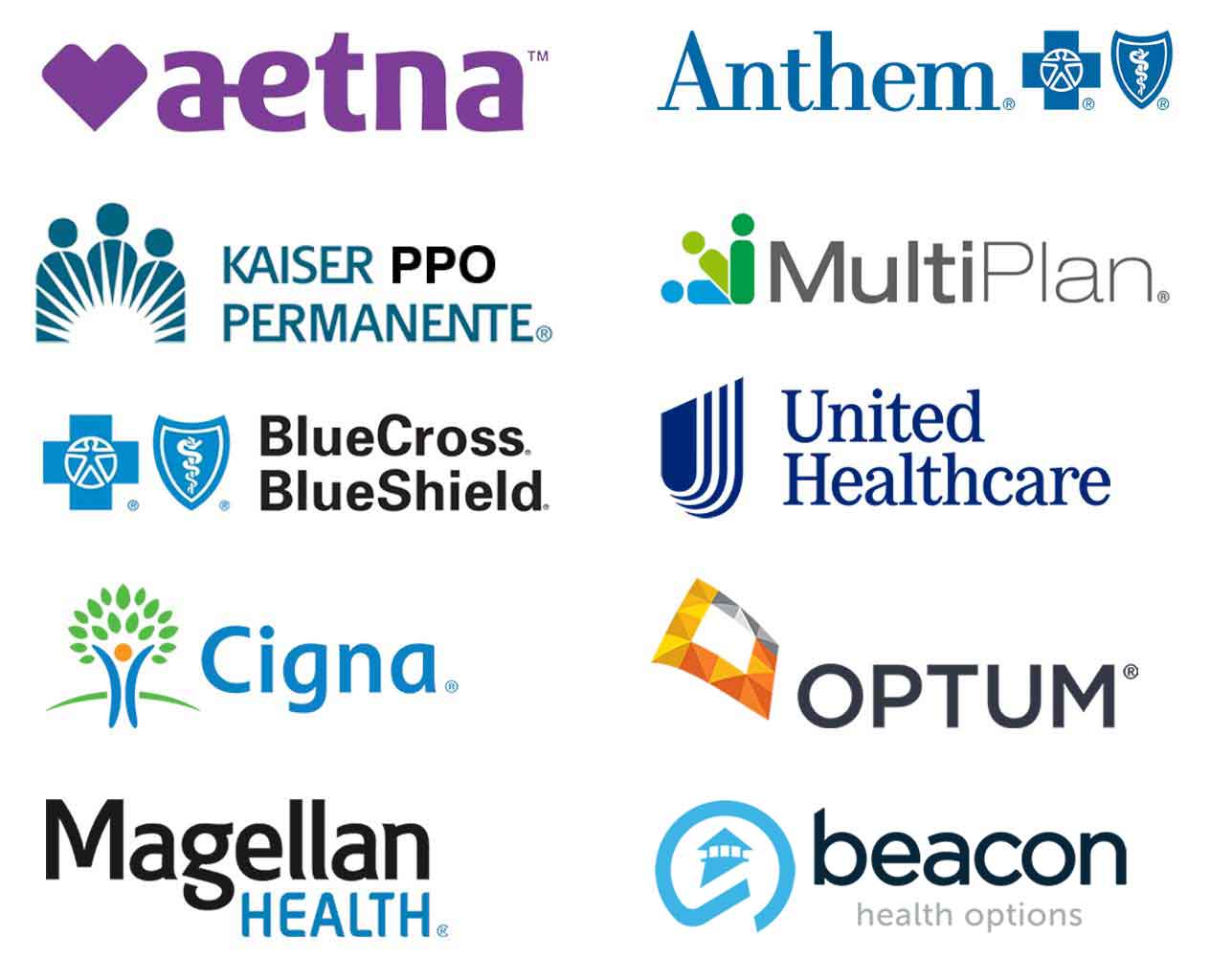Dual Diagnosis Treatment Center
Helping Individuals with Co-occurring Mental Health and Substance Abuse Disorders Find Healing and Recovery
Here at Midas House, we recognize that recovery from mental health issues and addiction can be complicated. At times, individuals suffering from anxiety, depression, or PTSD may use substances to self-medicate in search of relief – while those struggling with substance abuse often face bouts of impulsivity and depressive episodes – making successful treatment more difficult to achieve. That’s why our team is dedicated to providing comprehensive care programs designed for sustainable healing; by simultaneously treating the underlying mental illness condition and the disorder, each patient receives a higher quality of individualized support on their journey towards improved well-being and sobriety.
What is Dual Diagnostic Treatment?
Struggling with a mental health condition and a substance use dependency can oftentimes be a chicken or the egg type of situation in that even the most credentialed and experienced experts are unsure of which conditions came first. Often someone suffering with coinciding mental health and substance abuse conditions may have developed a substance addiction in their attempt to treat their mental health condition.
Just as often, a mental health condition may have developed through substance abuse. Whether one came before or caused the other may remain indistinguishable, but experts unanimously agree that to treat either condition successfully, both conditions must be addressed equally. Dual diagnosis treatment is the treatment of both co-occurring mental health conditions and substance use disorders.
When is a dual diagnosis needed?
According to a SAMHSA report in 2017, over 3.4% of the population, or over 8.5 million adults, suffered from co-occurring mental health and substance dependency. For many, the belief that only one condition needs to be treated in order for both to be alleviated leads to further suffering. For example, if severe anxiety is causing someone to use heroin or is a condition they have developed through their use that is alleviated by continued use. The heroin addiction is treated but not the anxiety; then the individual is very likely to relapse on heroin through their continued struggles with anxiety. Anytime a mental health condition, whatever it may be, coincides with a substance dependency, both issues must be treated.
How common are co-occurring mental health conditions and substance use disorders?
Over one in four adults with serious mental health problems also have a substance abuse problem. This statistic means that 25% of individuals struggling with mental health conditions must also receive substance abuse treatment as well in order to alleviate their mental health struggles. 21 million individuals in the United States suffer from addiction, and 8 million also live with mental illness. In a National
Survey on Drug Use and Health SAMHSA found co-occurring mental health and addiction are extremely common.
What to do if suffering from a co-occurring condition?
The simple answer for what to do when suffering from a co-occurring condition is to get both conditions treated. It’s important to make both conditions a priority in treatment. Many substance abuse treatment facilities only focus on addiction; finding a facility that provides dual diagnostic treatment is essential.
Treatment of a co-occurring mental health condition, such as PTSD, requires specific therapy modalities directly addressing that mental health condition, such as EMDR.
In order to begin treating a mental health condition, the condition itself may not need to have been previously diagnosed. Many treatment facilities offering dual diagnostic treatment offer a full psychiatric evaluation at the beginning of the inpatient residential treatment stay.
Dual Diagnostic Treatment at Midas House
Midas House prioritizes mental health and substance use disorder equally, and treatment is not a one-size-fits-all. Instead, clinicians at Midas understand that mental health must be addressed to prevent the vicious cycle of addiction and save lives.
At Midas House, every client receives a full psychiatric evaluation after detox is complete, and EMDR is offered to all clients in addition to individual therapy and group therapy sessions.
Midas House clinicians understand that without treating mental health conditions, relapse from addiction is nearly inevitable. Mental health conditions that pose a risk for relapse can be something as common as anxiety, depression, or PTSD. Commonly, those living with addiction may not be aware that their suffering is rooted in a mental health condition that requires care. At Midas House rehab, each individual as a whole is cared for, not just their substance use disorder.

What Sets Midas House Apart?
We Care and Understand
You don't have to go it alone. We are here for you on your journey towards recovery and want nothing more than your success in life without addiction or substance abuse.
Not a One-size-fits-all Treatment Center
We know that each person is unique and has their own set of challenges. That's why at our treatment center, we provide a high-level personalized approach with evidence-based treatments for positive results!
Feels Like a Home, Not a Medical Facility
You'll find our residential inpatient treatment offers spacious living spaces with no more than six patients at once ensure the perfect environment for your rehab journey.
Engaging Activities to Keep You Centered
Activities like exercise, hiking, yoga, massage, lake activities & nature walks will focus your mind on what's important to help you heal and keep your body healthy.

Most Insurance Accepted
We know that insurance coverage can be a real source of uncertainty for people, and we want to make sure you have all the information necessary. The great news is health insurance covers the total treatment costs. Even If you don't have insurance, we offer low cash payment options for our treatment programs. We are committed to working with individuals who need treatment regardless of their financial situation.










